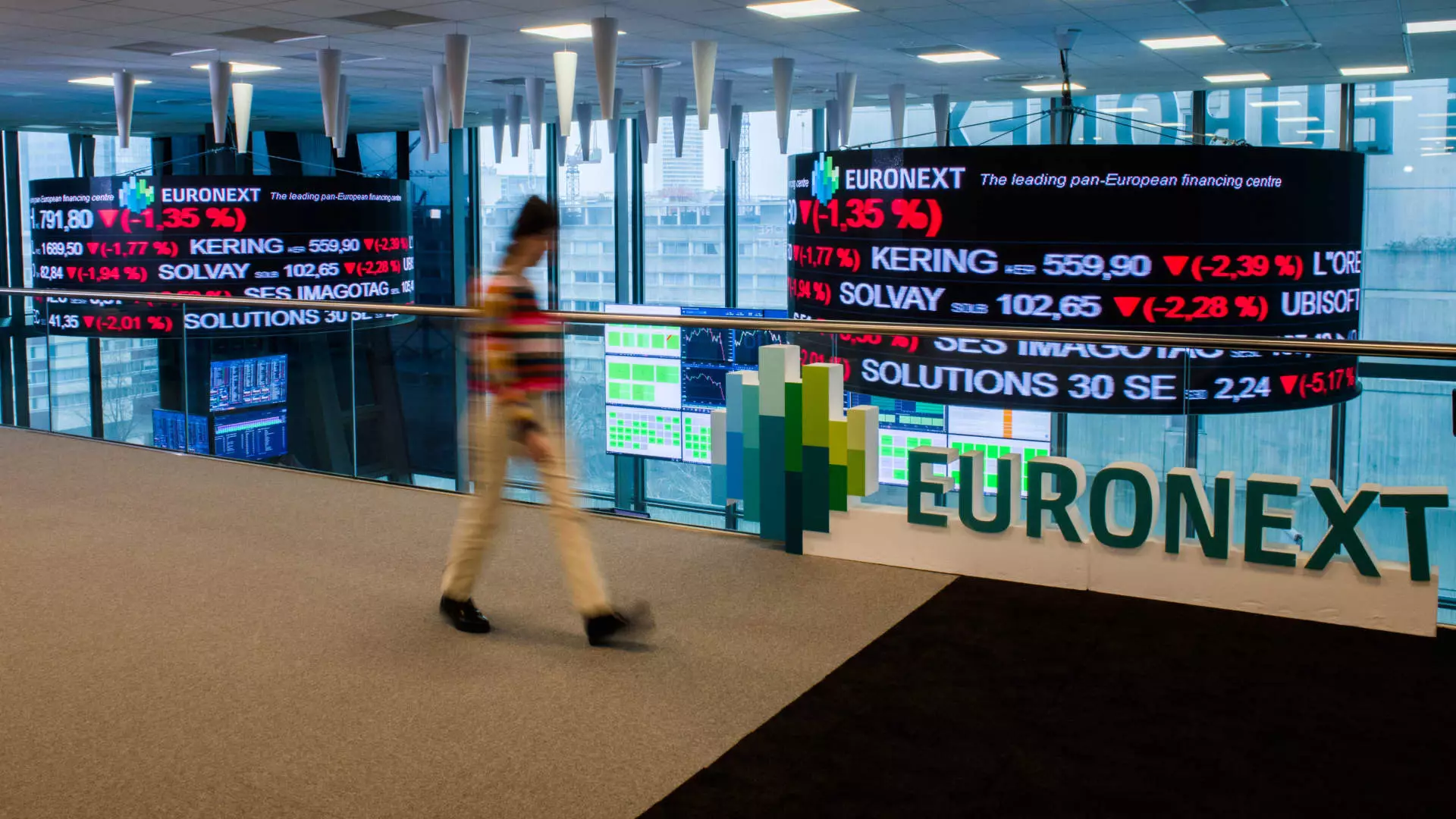The performance of U.S. funds tracking global equities witnessed a notable decline as traders reassessed the implications of Donald Trump’s election victory. While major U.S. stock indexes reached unprecedented heights, international exchange-traded funds (ETFs) such as those tracking markets in South Korea, Hong Kong, Taiwan, and Chile experienced a downturn. This divergence highlighted a growing unease among investors regarding Trump’s proposed economic policies, particularly concerning tariffs on imports. The situation underscores a complex relationship between domestic political developments and international market reactions.
Trump’s administration hinted at implementing a tariff that could reach as high as 20% on all imports, with a particularly steep 60% tax proposed specifically for goods from China. While such measures gained little traction with the general electorate, they dominated discussions leading up to the election, influencing perceptions about international trade and economic health. Yung-Yu Ma, the chief investment officer at BMO Wealth Management, articulated these concerns, suggesting that the potential for increased tariffs introduces considerable uncertainty which may stifle growth for global stocks in the short term.
This contrasting performance between U.S. and international markets following the election results reveals the fragility of global economic dynamics. The United States enjoyed a boost, with the Dow Jones Industrial Average poised for its strongest performance in nearly two years; in stark contrast, European markets experienced a pullback as the reality of Trump’s presidency set in. The iShares Core MSCI Europe ETF, for instance, suffered a decline of over 2%, reflecting investor trepidation across the pond. As markets adapted to the political changes, the mixed performance in Asia was evident, with Japan’s Nikkei 225 standing as an outlier amidst a general trend of declines.
The shift in sentiment also weighed heavily on emerging market equities, as evidenced by the more than 1% drop in the iShares MSCI Emerging Markets ETF. The rising U.S. dollar compounded these challenges. As the ICE U.S. Dollar Index surged to heights not observed since July, it placed additional pressure on international stocks, specifically in emerging regions that have struggled against their U.S. counterparts in recent years. Rising dollar values can exacerbate difficulties for emerging economies reliant on exports priced in weaker currencies.
Interestingly, amidst the broader market challenges, the Global X MSCI Argentina ETF saw a rise of over 2%, attaining a new 52-week high. This instance of resilience could be attributed to the election of libertarian Javier Milei, whose ideology resonates with some aspects of Trump’s policies, hinting at investor interest in political shifts that promise economic reforms. While Argentina’s political landscape reflects a burgeoning affinity for market liberalization, this does not overshadow the pervasive cautious sentiment prevalent in many other international markets.
The interconnection of political events and their impact on financial markets necessitates careful monitoring as investors adapt to an evolving economic landscape. As Trump’s administration grapples with challenges and uncertainties stemming from proposed tariffs, the effects will likely ripple through global markets, necessitating a reassessment of investment strategies. Understanding these dynamics is crucial for navigating prospective economic terrains, particularly as countries around the world adjust to America’s electoral repercussions.


Leave a Reply